A prepper is someone who believes a disaster is about to happen and prepares for it beforehand. If you’ve just learned the basics of surviving an emergency, then there are some mistakes you’re more likely to make. With a ton of misinformation on the internet, it’s easy to get sidetracked, so sticking to the facts is the best way to go about your plan.
1. Ignoring the Source

Before jumping into a course of action, make sure that it’s from a reliable source. If you’ve heard someone talking about a helpful tip, always fact-check it beforehand. Following other people mindlessly can cause serious repercussions. Even government recommendations shouldn’t be taken at face value unless and until you’ve adequately researched what they’re saying.
2. Not Considering Your Location
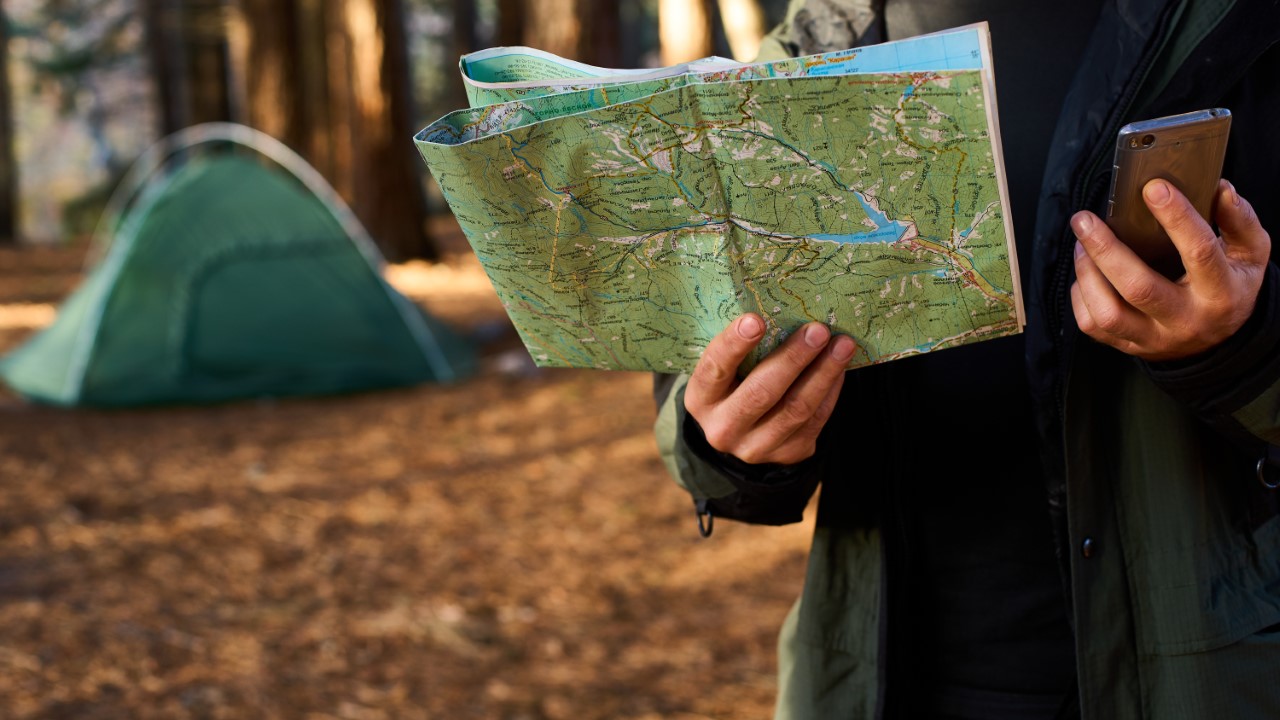
There are two routes: prepare for everything thrown at you or prioritize your preparedness based on what’s more important according to where you live. The accepted advice recommends taking a risk assessment and then setting your priorities based on the results you get.
3. Procrastination

Some people love consuming media about survival tips, but they never end up taking action. You can know everything there is to know about making an efficient plan for an emergency; however, if you don’t take the proper steps to ensure your safety, all those tips and information will go down the drain.
4. Not Taking Care of Your Health

According to Forbes, 41.9% of adults in the U.S. are obese, which shows that people are just not taking care of themselves. To survive a life-threatening emergency situation, you need to have a certain level of fitness. Rookies often overlook this basic fact when preparing a plan and jump ahead, leading to detrimental effects.
5. Hoarding

Just because you’re stockpiling everything doesn’t mean you’re preparing for the worst; it just means you’re hoarding unnecessarily. Storing items in your house because you might need them one day is a trap newer people often succumb to. Get rid of random things you think will be helpful. Addressing basic needs should come first instead of a clunky survival gadget.
6. Not Considering Shelf-Life

According to National Geographic, heat can break down chemical bonds in plastics, leading to degradation. People often think some things can last forever without considering their shelf life, which can lead to trouble down the line. As time passes, even duct tape gets slimy. Proper storage conditions are essential to prevent things from going to waste, which helps make things last much longer.
7. Not Practicing

One of the worst mistakes you can make is having everything right but being unable to access it. For example, if you have a barrel of water stored perfectly and ready to use but don’t know how to utilize the water inside, then there’s virtually no point in having it. Run drills and practice using all of your supplies so you know what to do in a real-world scenario.
8. Using Chlorine Bleach

Contrary to popular belief, chlorine is inadequate for disinfecting water but adds unnecessary chemicals. According to Iowa State University, boiling is a much better way to disinfect water, especially for people with a weak immune system. You can use both techniques together for better results.
9. Focusing On the Negative

You can be prepared for what’s to come without making it your whole personality. Constantly wondering whether you’re going to be able to survive when the said situation arrives will prevent you from living in the right here and now. You’re prepared; now, you must live a normal, safe life until an emergency occurs.
10. Failing To Plan

Once you have researched extensively, having a game plan in mind is essential instead of haphazardly rushing to do everything in a day. It’s not possible to get everything done in a couple of hours, so being organized and having a set plan with a clear timeline and goals is the most effective and straightforward strategy many beginners seem to forget.
11. Not Preparing for When You’re Outside Your Home

When you step outside the walls of your house, you no longer have the resources and plan to help you survive an emergency. Suppose you’re away from home, and something happens. In that case, you need to have an evacuation plan for you and your family because situations like this are more likely to occur than something happening within the comfort of your home.
12. Underestimating Amount of Supplies

You’re making a grave mistake if you’re going off random numbers and calculations on the internet. There are too many variables in a situation like this, so tailoring the amount of supplies to your needs is crucial. Use online resources for help, but don’t singlehandedly rely on them because your entire life depends on them.
13. Not Reading Books

As young blood ventures into the world of preppers, they often think the internet is enough. But no amount of information will ever be enough for a survival plan. This is why reading more books as a source of information will increase your knowledge, which will increase your chances of surviving an emergency.
14. Not Continuously Improving Your Plan

Many people think that once they have a solid plan, that’s all they’ll need forever. But that’s not the case. Life keeps changing, and your family grows, and your priorities change as well. Sticking to the same plan you had when you were 20 won’t be effective when you’re 40. Life happens, and adapting your strategy to it is a must.
15. Dismissing Organization

Organizing your inventory of supplies is not a want; it is an absolutely essential strategy that everyone should be doing. If you have something in your inventory but don’t even remember where you put it, it won’t be much help when its needed. This is why being organized goes a long way.
16. Solely Relying on Food Storage Plans
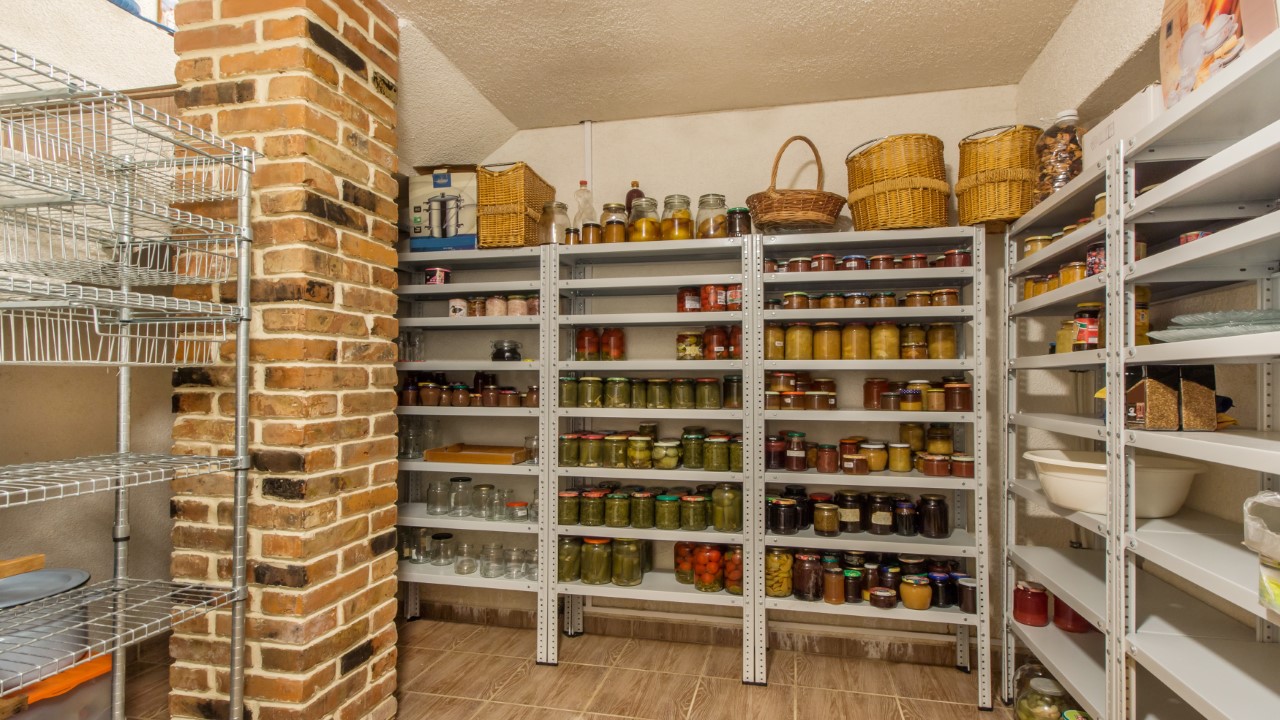
According to Food Bunker, the fundamental goal of a food storage plan is to provide you with enough food to last a period of time. Many storage plans mislead people, stating that they will last for three months; however, this isn’t true. They’re just scamming you into buying something you think will help. To counter this, eat part of your food storage to gauge how long it’ll last.
17. Throwing away Canned Goods After Expiry

We’re taught to throw away canned food as soon as passes that expiration date on the label, so newbies often end up wasting so much of their canned foods. Experts at Good Housekeeping state that even after the expiry date has passed, consuming canned food has no adverse health impacts because it lasts much longer than what’s on the label.
18. Poor Grain Packaging
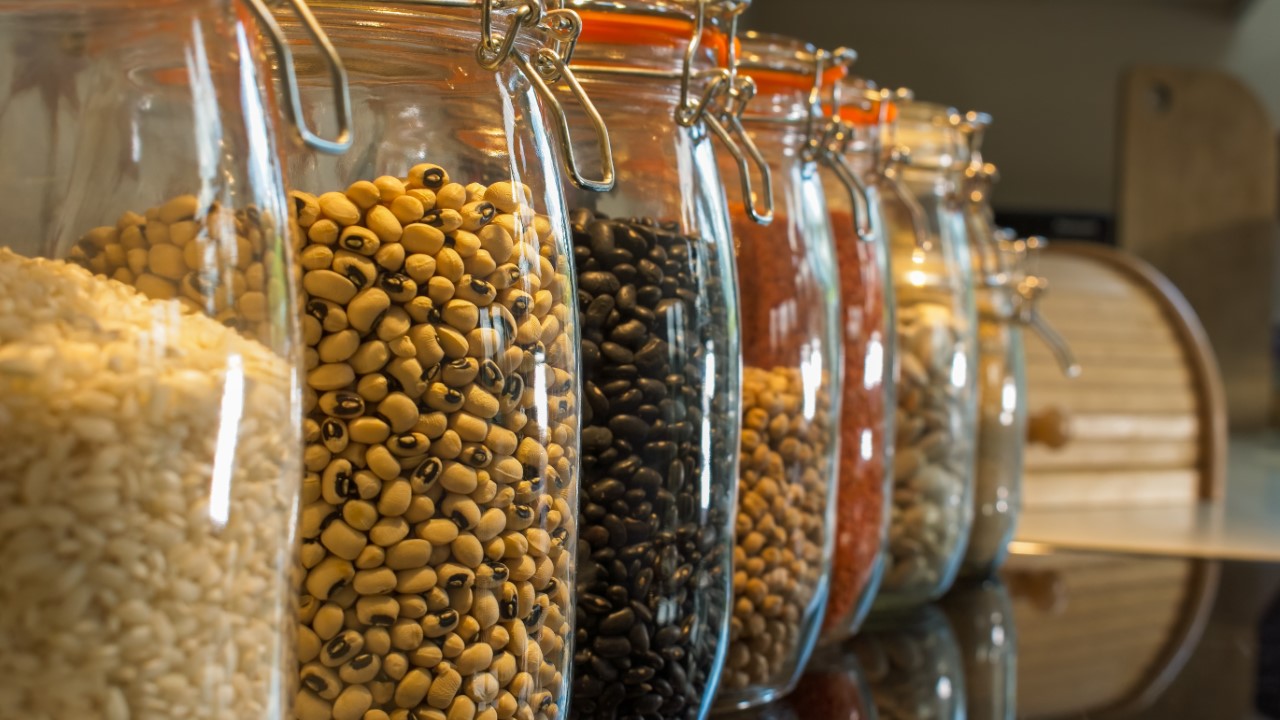
While canned food can last longer, grains, on the other hand, are much more perishable, so they need to be stored adequately to be safe for consumption. They often get infested with insects, so a cool and dry place is required to keep them in good shape for as long as possible.
19. Trying To Do It Alone

Surviving is not about being a lone wolf and proving you can do it yourself. In order to prove themselves, beginners succumb to doing it alone because they think it will show their strengths. But it’s important to realize that you need a community to increase your survival rate. A trusted survival team is the right way to go about it.
20. Buying a Bug Out Vehicle

Before jumping on the bandwagon, make sure to check and see if your current ride is enough or not. While bug-out vehicles can look very cool and valuable, hemorrhaging cash on something you don’t need goes against the principles of survival. You’re planning for an emergency, not for looking cool in front of your friends.
21. Storing Food in Your Garage
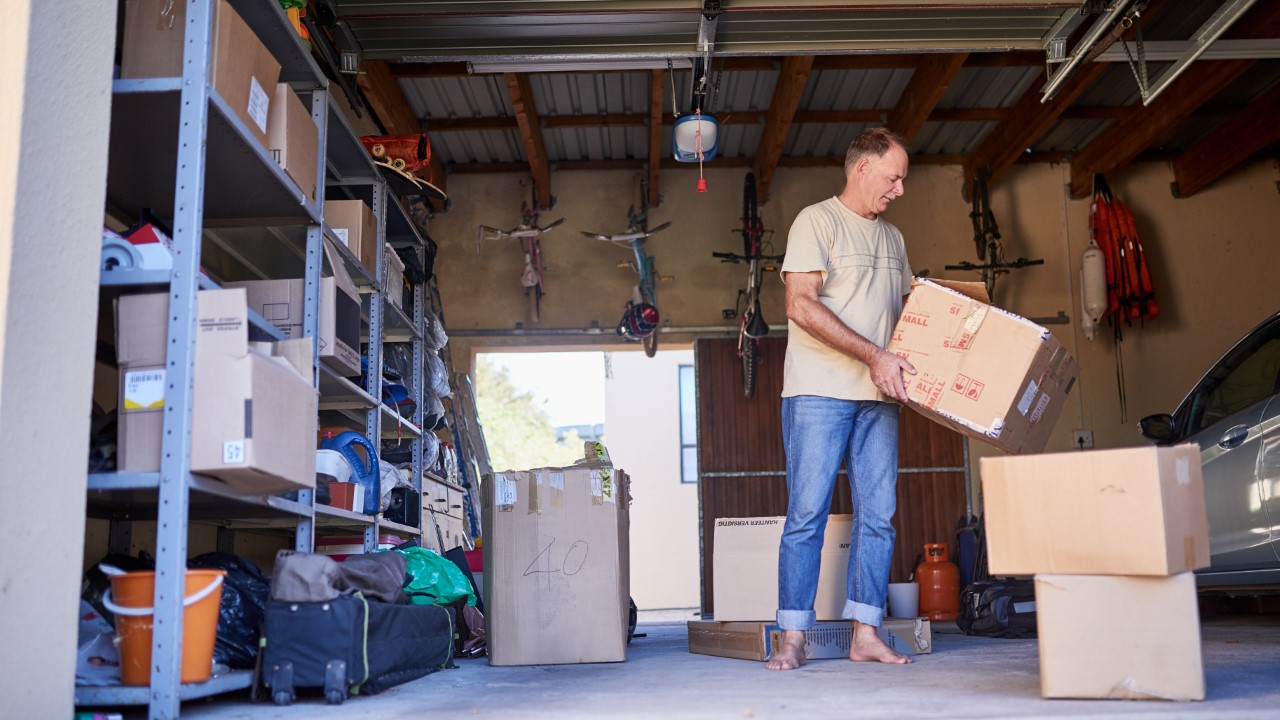
It sounds convenient to store all your food in a garage, but you need to remember that the place can get super hot, which can reduce the shelf life of your food significantly. According to Packaging Strategies, canned goods can be stored in your garage; however, items like rice should not be stored in your garage due to light, heat, moisture, oxygen, and odor.
22. Not Growing Your Food

Everyone instantly resorts to buying goods from the supermarket without actually producing their own, which is prepping 101. Growing your own food increases your food security and your self-reliance.
23. Getting Cheap Things

If you plan on utilizing survival tools and gear to help you overcome an emergency, then getting cheap items is a no-go. It might be easier to spare some cash for products that cost less, but if they’re flimsy and break down when you need them, then it will be useless to own them in the first place.
24. Not Planning for Sanitation

As a rookie prepper, one of the things you’ll completely overlook is sanitation. Failing to prepare for proper facilities can be the difference between life and death. Every experienced person will have an emergency plan if sanitation breaks down, so that’s what you should be doing as well.
20 Crucial Supplies for Surviving a Societal Collapse

In the face of uncertainty, being well-prepared gives you at least some degree of control and security. The thought of a societal collapse, while extreme, prompts us to consider how we might endure without the conveniences of our current lifestyle. Here’s a list of 20 essential items that could prove indispensable in such a scenario. This guide isn’t about succumbing to fear but embracing preparedness and resilience.
14 Essential Canned Goods for Your Emergency Pantry
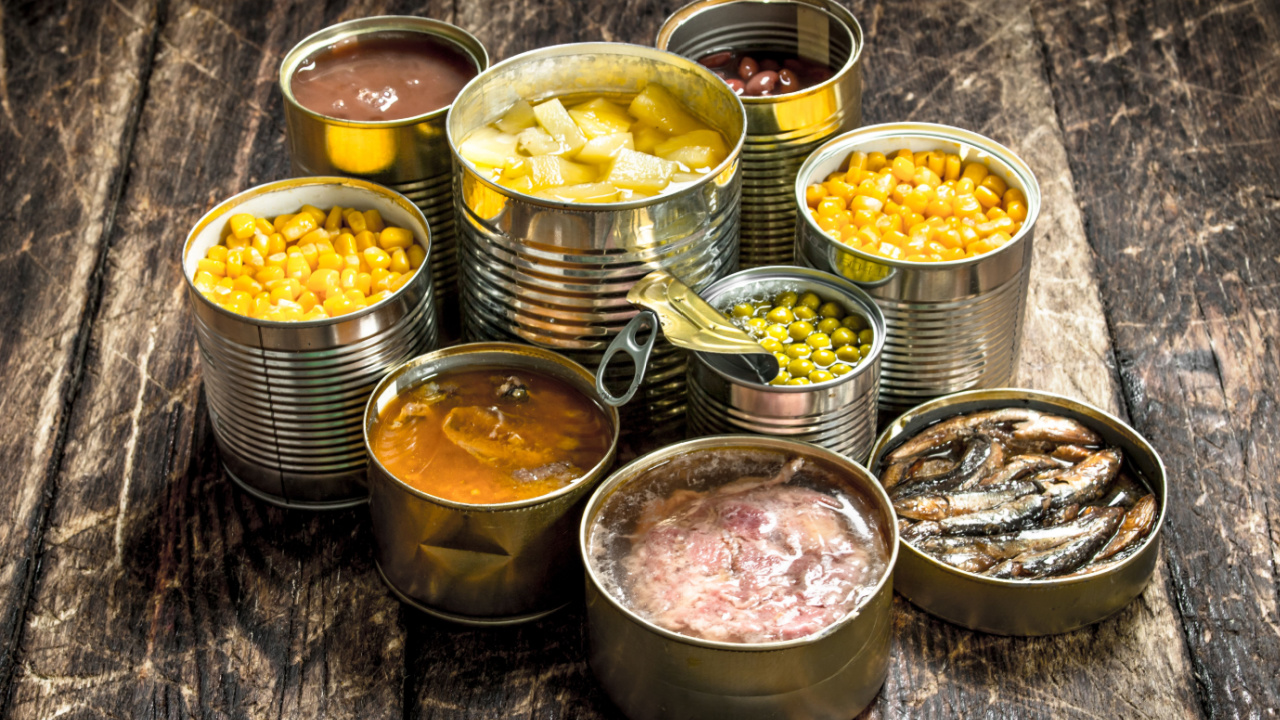
I firmly believe in keeping a well-stocked emergency pantry. While fresh food is ideal, in a survival situation, we may not be that lucky. So, for my family, even though we grow a lot of our own food, canned goods play a crucial role in emergency preparedness. They offer a reliable source of nutrition when access to fresh produce may be limited. The goods you stockpile should be affordable, easy to store, and full of nutrition.
Best Regions in the U.S. to Escape to When Society Collapses

Choosing a refuge in the event of societal collapse involves weighing the pros and cons of each location against your personal preparedness goals and abilities. Whether you’re drawn to the solitude of the desert or the protective heights of the mountains, the key is finding a place that offers safety and the opportunity for growth and renewal.

